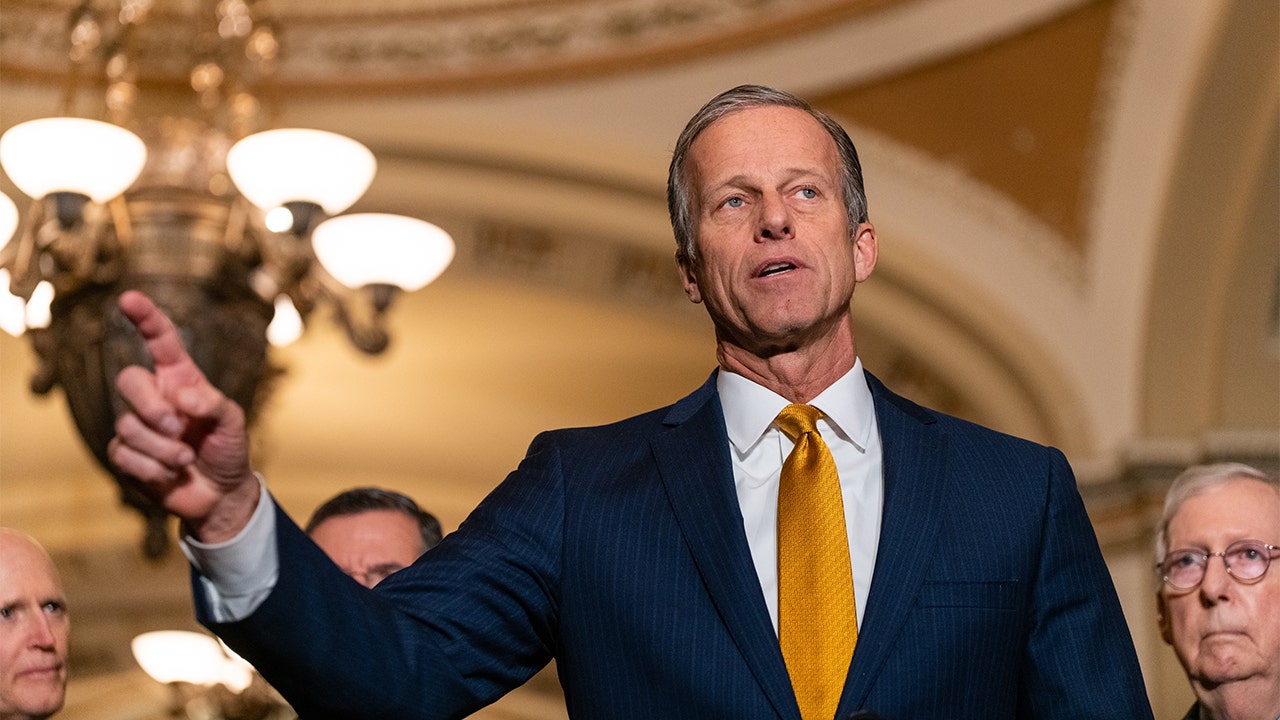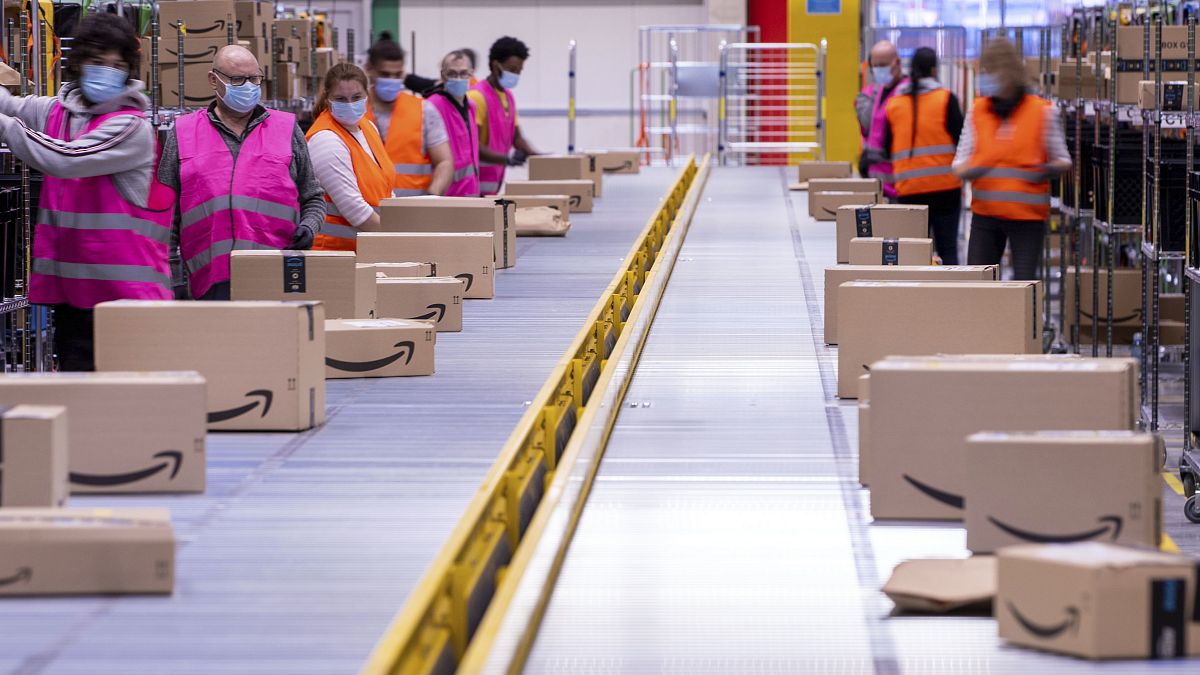Germany, Austria, Poland, Denmark, the Netherlands and France call for a unified approach in enforcing EU-standards in e-commerce.
Austria, Denmark, France, Germany, the Netherlands and Poland have called for stronger enforcement against e-commerce platforms in a joint letter seen by Euronews, ahead of a competitiveness ministers meeting in Brussels today (26 September).
The six countries urge the European Commission to take “all necessary measures within its competence” to enforce the Digital Services Act (DSA) against Very Large Online Platforms (VLOPS).
Designating online marketplaces Temu and Shein as VLOPs “is a significant step” in the application of the rules, but “it remains crucial to rigorously enforce the DSA”, the letter says.
Temu and Shein joined a list of 25 platforms that each have more than 45 million monthly users in the EU which also includes Amazon, TikTok and Meta. The DSA came into effect in February 2024 for all online platforms, introducing transparency rules and obligations regarding illegal products.
The Commission will have to collect data on infringements in cooperation with national digital services coordinators to detect misconduct and impose effective sanctions, the letter says.
“Further steps in enforcement measures will be required, for example digitisation of the product specifications is crucial in order to automatically detect shortcomings – such as via the digital product passport,” it adds.
In its political guidelines, the Commission has committed to stronger enforcement of e-commerce based on effective customs, tax and security controls. In the incoming college, Finland’s Henna Virkkunen is set to oversee the tech portfolio, and Ireland’s Michael McGrath – slated to oversee rule of law – also has e-commerce among his competences.
The Commission already started several DSA probes, including one against e-commerce platform AliExpress.
Market surveillance
The countries also call for more market surveillance in EU member states, through stronger intervention powers of authorities, in particular regarding their ability to act against e-commerce-platforms.
“We intend to further enhance automation and digitalisation of the controls, such as through a web-crawler,” they write, adding that this should ensure that consumers, children in particular, have safe products.
Regarding EU customs, the six member states want the ongoing discussions in the field of VAT and the implementation of the deemed importer and the removal of the 150-euro duty exemption, to be discussed with priority. Germany encourages Hungary, which is currently chairing the EU minister meetings, and the Commission to bring discussions on these proposals forward.
Their last priority is data protection. The EU executive will have to find out more about data collected by e-commerce platforms and how they use this data, they letter says.
E-commerce was added as an extra agenda point by the German delegation to the ministers’ meeting today.
They will also discuss the further European competitiveness and how to tackle the challenges facing industry and businesses in the single market,. In addition, will and address the report by former Italian prime minister Mario Draghi on competitiveness.



